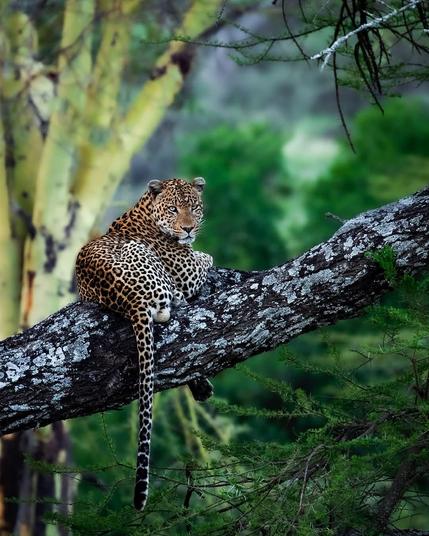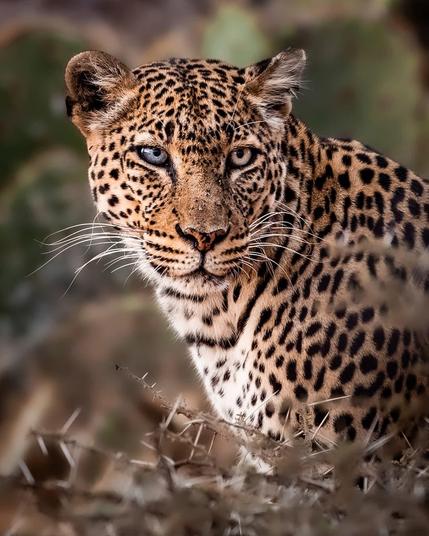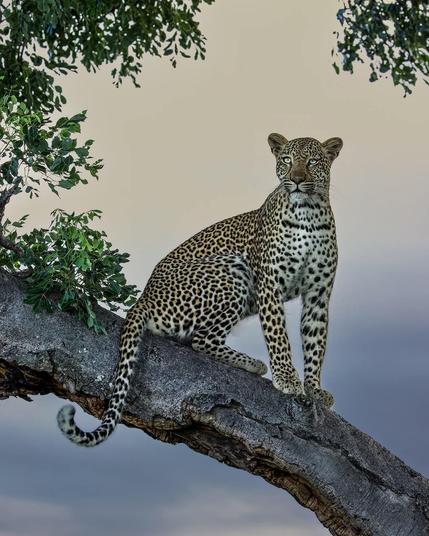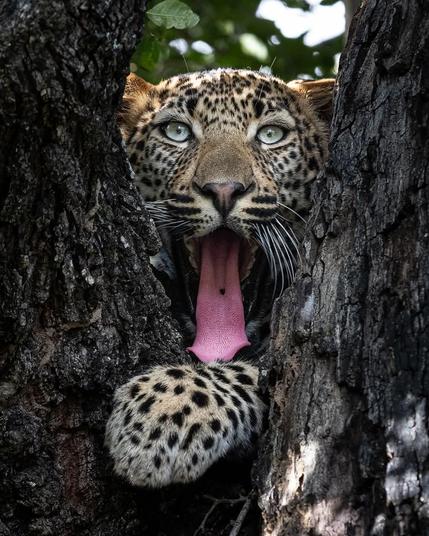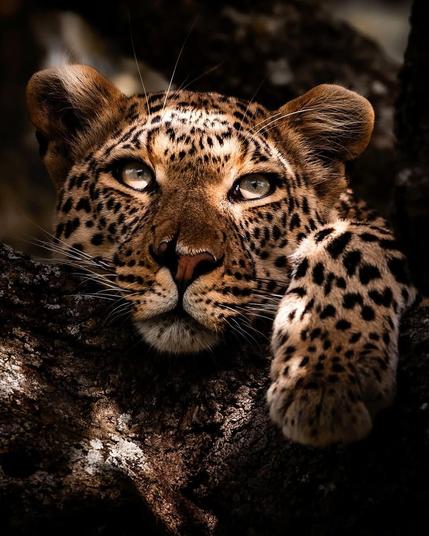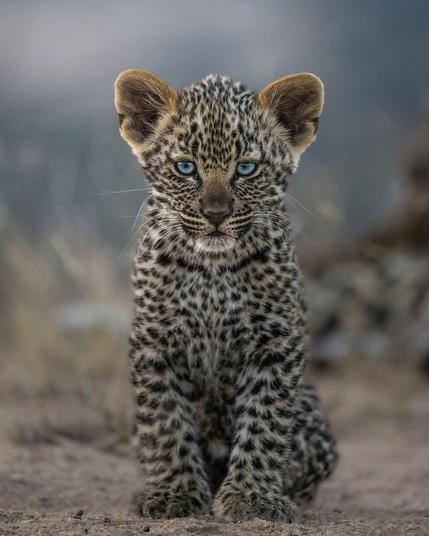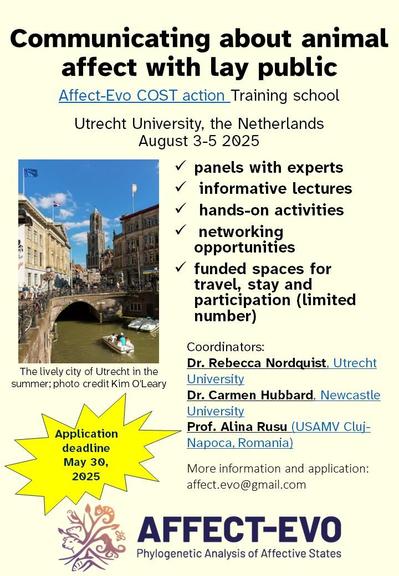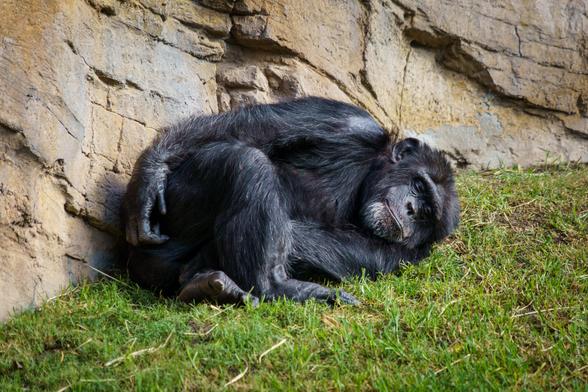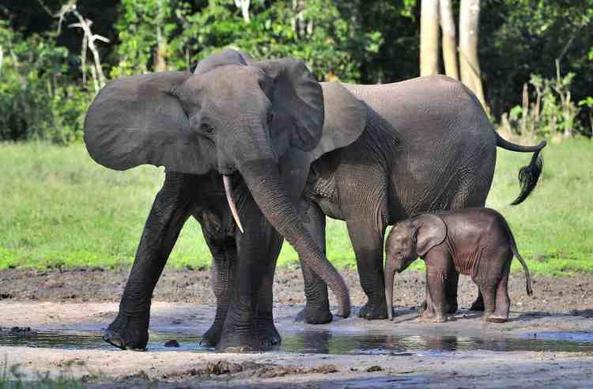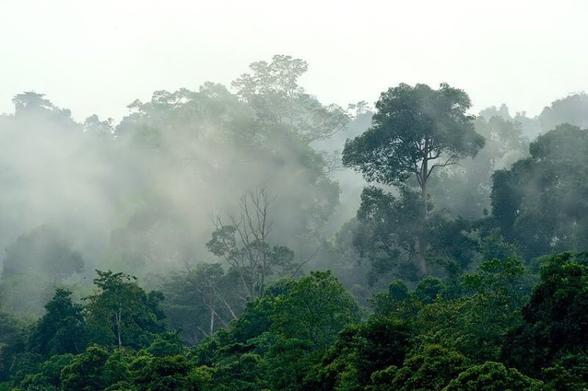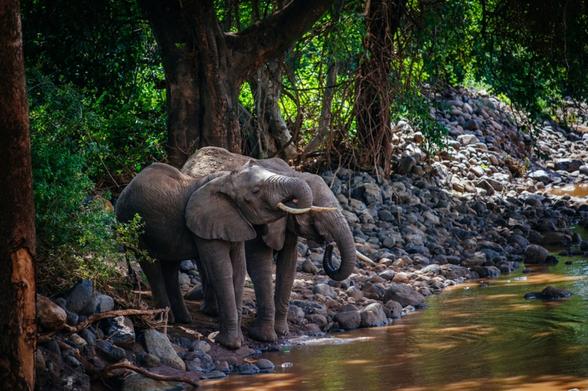Nigeria Risks Losing All Its African Forest Elephants – Here’s How To Protect Them
The numbers and ranges of forest #elephants in #Nigeria have declined greatly over time. The main cause of this has been human activity, like logging, palm oil and cocoa #agriculture, which threaten their survival by reducing their natural habitat. Some elephant populations have been lost. Others exist only in small, fragmented areas. A new study looks at what can be done to protect one of Nigeria’s most treasured #animal icons, the African forest elephant.
Numbers of African #Forest #Elephants 🐘🐘🐘 in #Nigeria have declined massively due to #palmoil #cocoa and #timber #deforestation, #poaching and farmers killing them for crop invasion. 😮😰Here’s how we protect them! #Boycott4Wildlife @palmoildetect https://wp.me/pcFhgU-8SD
Share to BlueSky Share to Twitter Written by Rosemary Iriowen Egonmwan, Professor of Environmental Physiology of Animals, University of Lagos and Bola Oboh, Professor of Genetics, Department of Cell Biology and Genetics, University of Lagos. This article is republished from The Conversation under a Creative Commons license. Read the original article.
The numbers and ranges of elephants in Nigeria have declined greatly over time. The main cause of this has been human activity, like logging, palm oil and cocoa agriculture, which threaten their survival by reducing their natural habitat. Some elephant populations have been lost. Others exist only in small, fragmented areas.
Nigeria is one of 37 African countries where elephants are found in the wild. Savannah elephants (Loxodonta africana) can be found in the north and forest elephants (Loxodonta cyclotis) in the south.
It’s not clear how many elephants there are in Nigeria. Eighteen years ago, the African Elephant Study Report estimated that there were just 94 elephants left in the country. In 2021, it was estimated that there could be about 400 elephants in areas not systematically surveyed.
What we do know, however, is that the numbers and ranges of elephants in Nigeria have declined greatly over time. The main cause of this has been human activity, like logging and agriculture, which threaten their survival by reducing their natural habitat. Some elephant populations have been lost. Others exist only in small, fragmented areas.
African Forest Elephant surveys had not been carried out in southern Nigeria for over a decade, and sightings of forest elephants are rare. Forest elephants are of particular interest because they’re classified as Critically Endangered by the International Union for the Conservation of Nature.
We carried out a study to establish their presence and determine the factors affecting their conservation.
We visited four protected areas in two national parks and one forest reserve in southern Nigeria. We did find small populations, totalling 40 forest elephants. This is not a viable population in the long run as it has been suggested that “viable” elephant populations may range from 400 to 6,000 individuals.
Their survival is being threatened for six reasons, in particular the impact of people’s activities.
Presence and distribution of elephants
We visited Okomu National Park; Omo Forest Reserve; and the Okwango and Oban Divisions of the Cross River National Park.
Forest Elephants were caught on camera traps in the Omo Forest Reserve and Okomu National Park. They were sighted in the Okomu National Park and the Oban Division of the Cross River National Park. In the Omo Forest reserve, we found the charred bones of a poached elephant.
https://youtu.be/s584AP-BYm0?si=9HGXpoZVyYb7wAeV
Of the 40 identified using micro-satellite markers, seven were in Omo Forest Reserve, 14 from Okomu National Park, 11 from Oban Divison and eight from Okwango Division.
The future of these forest elephants looks precarious for a number of reasons.
The threats
Firstly, our study found evidence that pressure from human activity and changes in land use were influencing elephant distribution in the study locations. These were also contributing to habitat fragmentation and forest degradation.
We found that land within and around the protected areas we studied had been converted to settlements. It is also used for farming and monoculture plantations, where elephant food is limited. This has resulted in habitat loss and forest fragmentation, restricting the ranges of the elephant populations.
Second, the presence of hunters’ sheds, spent cartridges, traps and hook snares showed that illegal hunting persisted in all the study locations. We found the carcass of an elephant during the study. Hunting, as a threat to biodiversity conservation, has already been proven in studies of Kainji National Park, Okomu National Park and the Cross River National Park. Arrests don’t always deter offenders because the punitive measures aren’t heavy enough.
Thirdly, human-elephant conflict is pervasive. Elephants raided crops and destroyed property in and around the study locations. Most farmers in the surrounding communities lacked alternative sources of livelihood. Even small losses were of economic importance and led to negative attitudes towards conservation.
In the Okomu National Park – which lacks a buffer zone – we detected elephant activity outside the protected areas.
Fourthly, the distribution of the elephants in small groups means that they face a high risk of local extinction. The populations in the Omo Forest Reserve and the Okomu National Park are completely isolated. The protected areas are surrounded by farmlands and human settlements and the elephants don’t intermingle with other populations.
Fifth is the issue of forest degradation and shrinking of forest space. The Omo Forest Reserve is a Strict Nature Reserve – meaning it’s not open to tourism – and is one of Nigeria’s four biosphere reserves. But most of the forest is degraded and has reduced in size.
The final threat to elephants is that farmers were not paid compensation for crop losses arising from elephant raids in the study locations. This contributed to a negative attitude towards conservation. The Federal Government of Nigeria has no policy provision for compensation to farmers. The Aichi Biodiversity Targets encourage incentives as a means of safeguarding biodiversity.
Improving the conservation of elephants
Ecologically, elephants are a keystone species which have a massive impact on the ecosystem. Their loss would have an impact on the environment. Economically, they are drivers of tourism, and culturally they are icons of the African continent.
Here’s how we protect them
Awareness programmes, livelihood opportunities and compensation should be introduced to farmers. Together with acoustic deterrents and other mitigation methods used around the world, they could check losses due to crop raids.
Community conservation education and awareness programmes work. They should be rolled out to help change negative attitudes and get people to cooperate in conservation efforts.
In our study we observed that elephants avoided harming cocoa farms. In cases where elephants passed through them, the cocoa was not eaten. This behaviour was also reported at the Bossematié Forest Reserve, Côte d’Ivoire. This observation needs to be investigated to test whether cultivation of these crops could mitigate conflict between people and elephants.
Finally, a species management and monitoring plan should be put in place to help conserve Nigeria’s forest elephant populations. A nationwide survey, to assess the population of elephants in all ranges in Nigeria, should be top priority.
Written by Rosemary Iriowen Egonmwan, Professor of Environmental Physiology of Animals, University of Lagos and Bola Oboh, Professor of Genetics, Department of Cell Biology and Genetics, University of Lagos. This article is republished from The Conversation under a Creative Commons license. Read the original article.
ENDS
Learn about other animals endangered by palm oil and other agriculture
Global South America S.E. Asia India Africa West Papua & PNG Borneo Forest Dragon Gonocephalus bornensis
Keep reading
Orange-breasted Falcon Falco deiroleucus
Keep reading
Sunda Clouded Leopard Neofelis diardi
Keep reading
Glaucous Macaw Anodorhynchus glaucus
Keep reading
Attenborough’s Long-Beaked Echidna Zaglossus attenboroughi
Keep reading
Nancy Ma’s Night Monkey Aotus nancymaae
Keep reading
Learn about “sustainable” palm oil greenwashing
Read more about RSPO greenwashing
Lying Fake labels Indigenous Land-grabbing Human rights abuses Deforestation Human health hazards A 2019 World Health Organisation (WHO) report into the palm oil industry and RSPO finds extensive greenwashing of palm oil deforestation and the murder of endangered animals (i.e. biodiversity loss)
Read more Take Action in Five Ways
1. Join the #Boycott4Wildlife on social media and subscribe to stay in the loop: Share posts from this website to your own network on Twitter, Mastadon, Instagram, Facebook and Youtube using the hashtags #Boycottpalmoil #Boycott4Wildlife.
✓ Subscribed
2. Contribute stories: Academics, conservationists, scientists, indigenous rights advocates and animal rights advocates working to expose the corruption of the palm oil industry or to save animals can contribute stories to the website.
Wildlife Artist Juanchi Pérez
Read more
Mel Lumby: Dedicated Devotee to Borneo’s Living Beings
Read more
Anthropologist and Author Dr Sophie Chao
Read more
Health Physician Dr Evan Allen
Read more
The World’s Most Loved Cup: A Social, Ethical & Environmental History of Coffee by Aviary Doert
Read more
How do we stop the world’s ecosystems from going into a death spiral? A #SteadyState Economy
Read more
3. Supermarket sleuthing: Next time you’re in the supermarket, take photos of products containing palm oil. Share these to social media along with the hashtags to call out the greenwashing and ecocide of the brands who use palm oil. You can also take photos of palm oil free products and congratulate brands when they go palm oil free.
https://twitter.com/CuriousApe4/status/1526136783557529600?s=20
https://twitter.com/PhillDixon1/status/1749010345555788144?s=20
https://twitter.com/mugabe139/status/1678027567977078784?s=20
4. Take to the streets: Get in touch with Palm Oil Detectives to find out more.
5. Donate: Make a one-off or monthly donation to Palm Oil Detectives as a way of saying thank you and to help pay for ongoing running costs of the website and social media campaigns. Donate here
Pledge your support #AfricanElephant #AfricanForestElephantLoxodontaCyclotis #Agriculture #animal #animalBehaviour #AnimalBiodiversityNews #animalCommunication #animalCruelty #animalExtinction #animalIntelligence #animalRights #biodiversity #Boycott4wildlife #climateChange #cocoa #deforestation #elephant #elephants #Forest #Nigeria #PalmOil #palmOilDeforestation #palmoil #poaching #timber #WestAfrica
